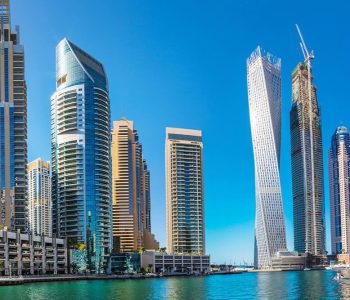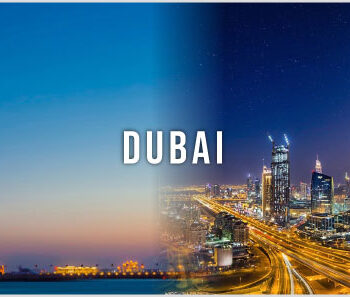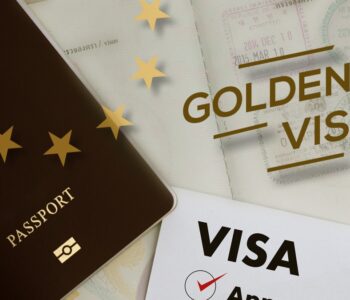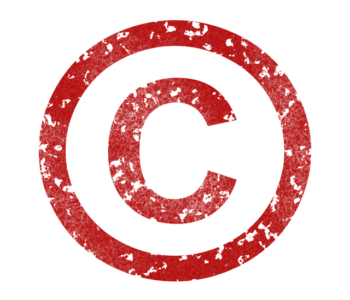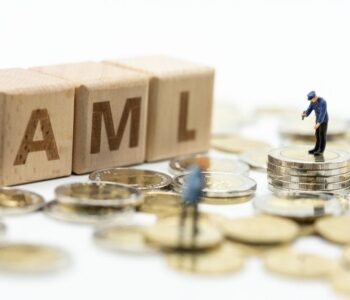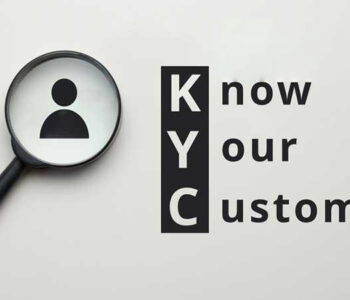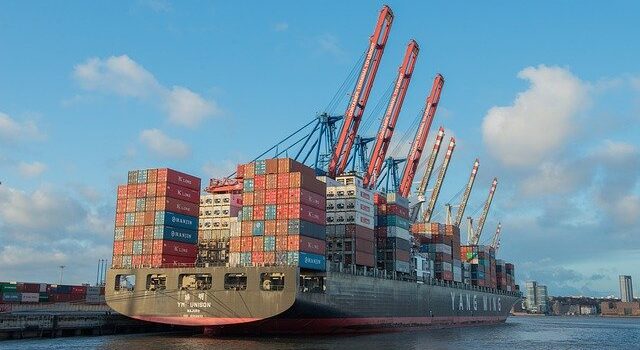 General
General
Import and Export License in Dubai
International Trade in Dubai
Dubai is located between Asia and Europe. Its geographic location forms a bridge between the East and the West. Dubai has become an international trade hub. The airline and shipping network is also very strong, providing strength to international trade. Import and export is an integral part of international trade which can be done with the help of an import and export license.
What is Export and Import?
There are two components of International trade which are export and import. Export means a resident or a resident company of a country sells products to a foreign country. On the other hand, import means a resident or a resident company purchases products from a foreign country.
Requirements for Import and Export in Dubai:
For a company willing to export or import its products or services, the first requirement is that of a trade license. A company having a general trade license can import or export all general items. A company with an electronic trade license can import or export only electronic items.
This license is issued in the mainland by the DED and in the Free Zones by respective authorities by fulfilling the following procedures:
- Setting the legal structure
- Designing business activity
- Selecting the trade name
- Deciding on the location
- Applying for the license
- Getting the initial approval certificate
- Preparing the MoA
A company with a trade license can perform export-import activity either outside the country borders or among the emirates or even between the mainland and Free Zones.
Free Zone companies can export to the land or other Free Zones with the help of a courier service company or a business agent. The Free Zone companies are exempted from payment of customs duty.
After getting an export-import license, the next step is to get the Import- Export Code.
Import-Export Code:
The companies willing to do import or export have to firstly get registered with the Customs office in Dubai. The Customs office issues the Import-Export code for the same. The goods have to pass through the customs office. There are few restricted items for which special approval is required
Requirements for getting Export Code:
- Firstly, the company needs to get approval from the Ministry to trade goods outside the country borders or among the Free Zones.
- Next, the company has to submit the documents at the customs office and pay the registration fee. The customs issues a Declaration Certificate.
- Export Declaration Certificate or Instructions of the Declaration of Goods Application (IDG) is mandatory at the customs point of entry at the airport.
- For restricted goods, approval from competent agencies is required.
- A sales invoice has to be prepared to describe the good’s quality, quantity, value,
- It is addressed to the company to which goods are exported.
The goods which are required to be exported for a short period of time and returned in the same condition comes under Temporary Export. For instance, for maintenance, repair, display in exhibitions, use in projects, etc.
In the case of Temporary Export, the requirements to be fulfilled are the same as that of ordinary export. In addition, there are some more requirements:
- the inspection of goods invoice,
- goods clearing declaration from authorities,
- commercial invoice,
- packing list with HS codes,
- original export permit for restricted goods, and
- a formal letter from the company requesting temporary export.
Requirements for Getting Import Code:
A company willing to import commodities into UAE from other countries or from a Free Zone, or from the Mainland into a Free Zone, can do so by getting an import code from the customs office in addition to the trade license.
Following are the steps involved in getting the import code from the Customs:
- Firstly, the Bill of Lading has to be submitted along with due payment to the shipping agent at the arrival of the vessel.
- The shipping agent issues a delivery order 3- 4 days prior to the arrival of the vessel.
- Before the expiry of the delivery order, cargo clearing formalities must be completed.
- Next, the Import declaration application must be submitted online.
- Customs duties and other fees shall be paid.
- After that, the Customs issues the Import Declaration Certificate.
- Thereafter. authentication of documents and inspection of goods is done by the Customs before giving possession of goods to the importer
- After that, a transport company is hired to deliver the goods
- However, in the case of restricted goods, competent agencies clearance is required.
Documents Required for Import are Following:
- Firstly, Invoice describing the quantity and value of goods
- Secondly, Certificate of Origin which has been approved by the chamber of commerce of the origin country
- Thirdly, a document declaring the weight and HS codes for each item and
- Finally, an import permit for restricted items
Some of the import- export items are for instance, oil, diamond, gold, automobiles, textiles, metals and the likewise.
Therefore, a business willing to do international trade in Dubai can easily do so by getting an import-export code from the Dubai customs after getting a trade license.
Benefits of Import and Export License in Dubai
- Access to a strategic location: Dubai’s proximity to Asia, Europe, and Africa makes it an ideal hub for international trade.
- Tax-free environment: Dubai offers a tax-free environment for import and export businesses, reducing operational costs.
- State-of-the-art infrastructure: Dubai’s world-class ports, airports, and logistics infrastructure facilitate efficient trade operations.
- Streamlined customs procedures: Dubai’s advanced customs systems and streamlined procedures simplify the import and export process.
- Access to a large market: Dubai’s import and export license allows businesses to tap into a vast market, including the UAE, GCC, and beyond.
- Increased credibility: Obtaining an import and export license in Dubai enhances a company’s credibility and reputation in the global market.
- Diversification of products: Dubai’s import and export license allows businesses to trade in a wide range of products, from food to machinery.
- Competitive advantage: With an import and export license in Dubai, businesses can capitalize on the city’s strategic location and trade expertise to gain a competitive edge.
- Government support: The Dubai government offers various incentives and support for import and export businesses, including trade finance and insurance services.
- Business growth opportunities: An import and export license in Dubai can lead to increased business growth, revenue, and job creation.


